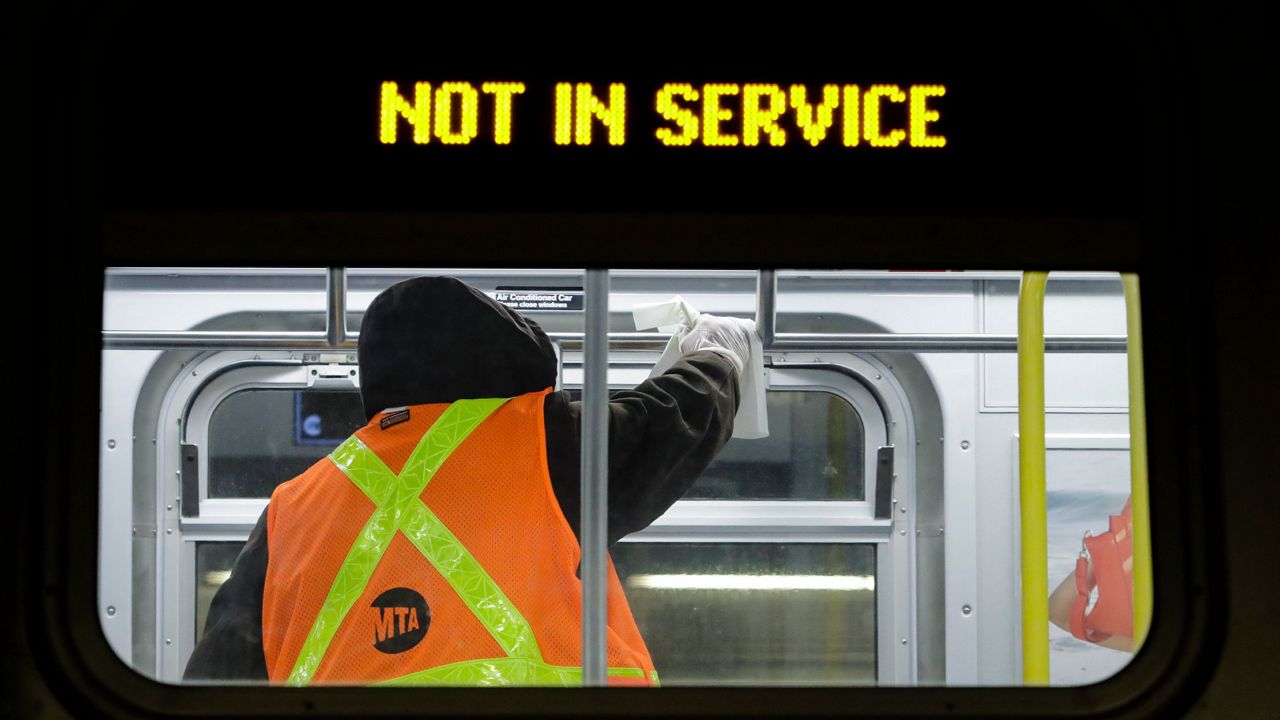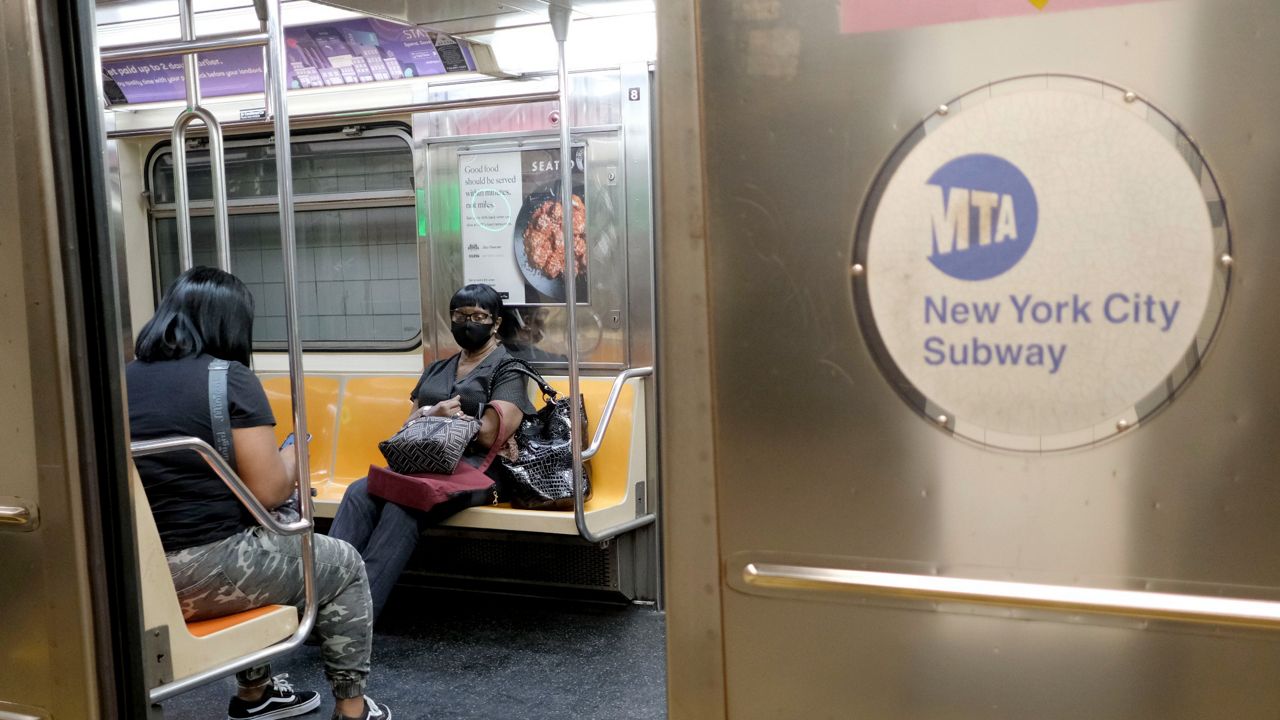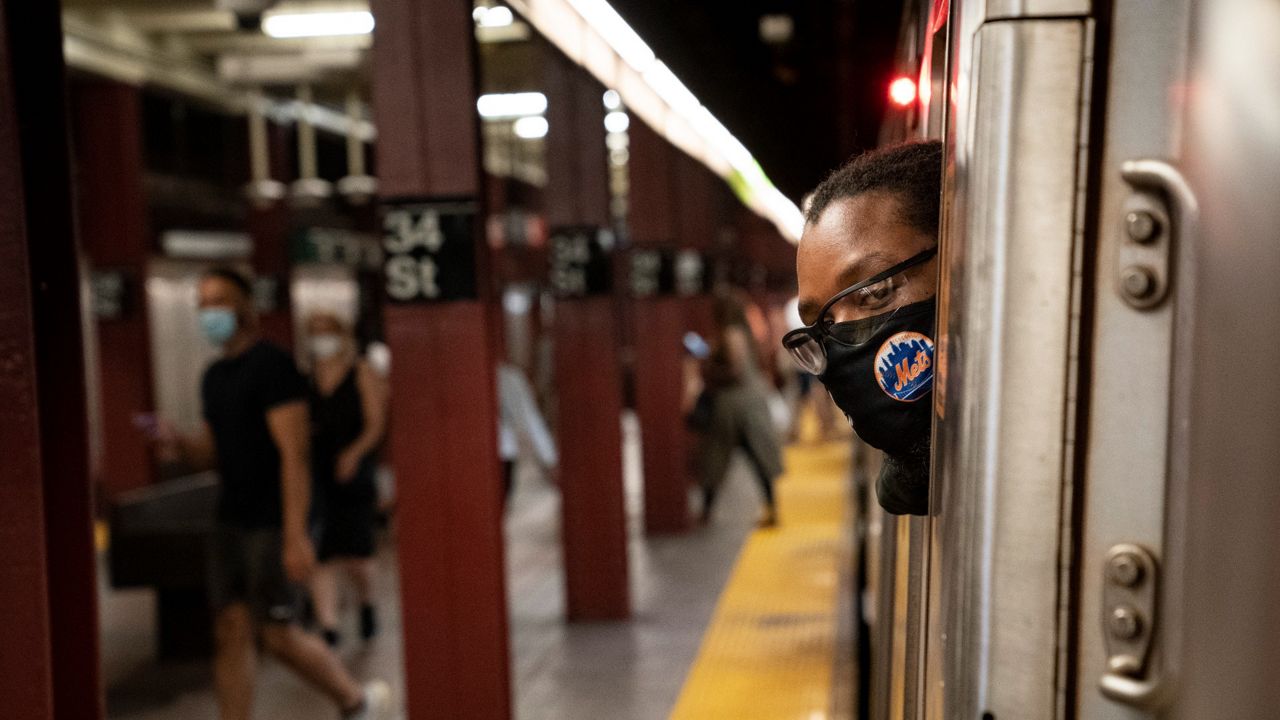Thousands of jobs and billions of dollars in economic activity are at stake if the MTA enacts steep transit cuts and fare hikes because of the coronavirus pandemic, a new study says.
The report, from NYU Rudin Center for Transportation and a consulting firm called Appleseed, outlined the economic punch the region would take without a $12 billion federal bailout the MTA is seeking.
"Simply put, without reliable and safe subway, bus and commuter rail services, the future of the city and region is in doubt. Students will not be able to get to school, essential workers to their jobs, and offices will remain empty," Mitchell Moss, director of the NYU Rudin Center, said in a statement.
For the MTA region, which includes Long Island and counties north of the city, the cuts could mean:
- -450,000 jobs lost by 2022
- -$50 billion in lost earnings
- -$65 billion reduction in the region's Gross Domestic Product, the value of goods and services
"Those are staggering numbers, never before seen," MTA Chairman Pat Foye said at a news conference following the board meeting.
The coronavirus pandemic caused a massive decline in ridership, still down on the subway by more than 70% from last year.
Foye, at Wednesday's monthly board meeting, called the crisis facing the agency a "steep fiscal cliff," a "five-alarm fire" and "fiscal tsunami."
The MTA is threatening to slash 40% subway and bus service, cut commuter rail service in half, defer construction projects, raise fares and tolls higher than anticipated. The MTA could cut 8,000 positions.
The MTA is still figuring out specifics on the cuts and fare hikes, though.
Major construction projects, like fitting stations with new elevators, are on hold, meaning fewer jobs. A pullback of nearly $5 billion in spending on these kinds of construction projects next year would total more than 23,000 jobs and $2 billion in earnings.
Next month, the MTA plans to present two budget proposals for next year: one assuming a $12 billion federal bailout, and one without a bailout, requiring major cuts and layoffs.
In the meantime, the MTA will try to borrow nearly $3 billion from a U.S. Federal Reserve loan program.
But it is not enough.
"We need federal support or else devastating things will have to happen," MTA Chief Financial Officer Bob Foran said.







